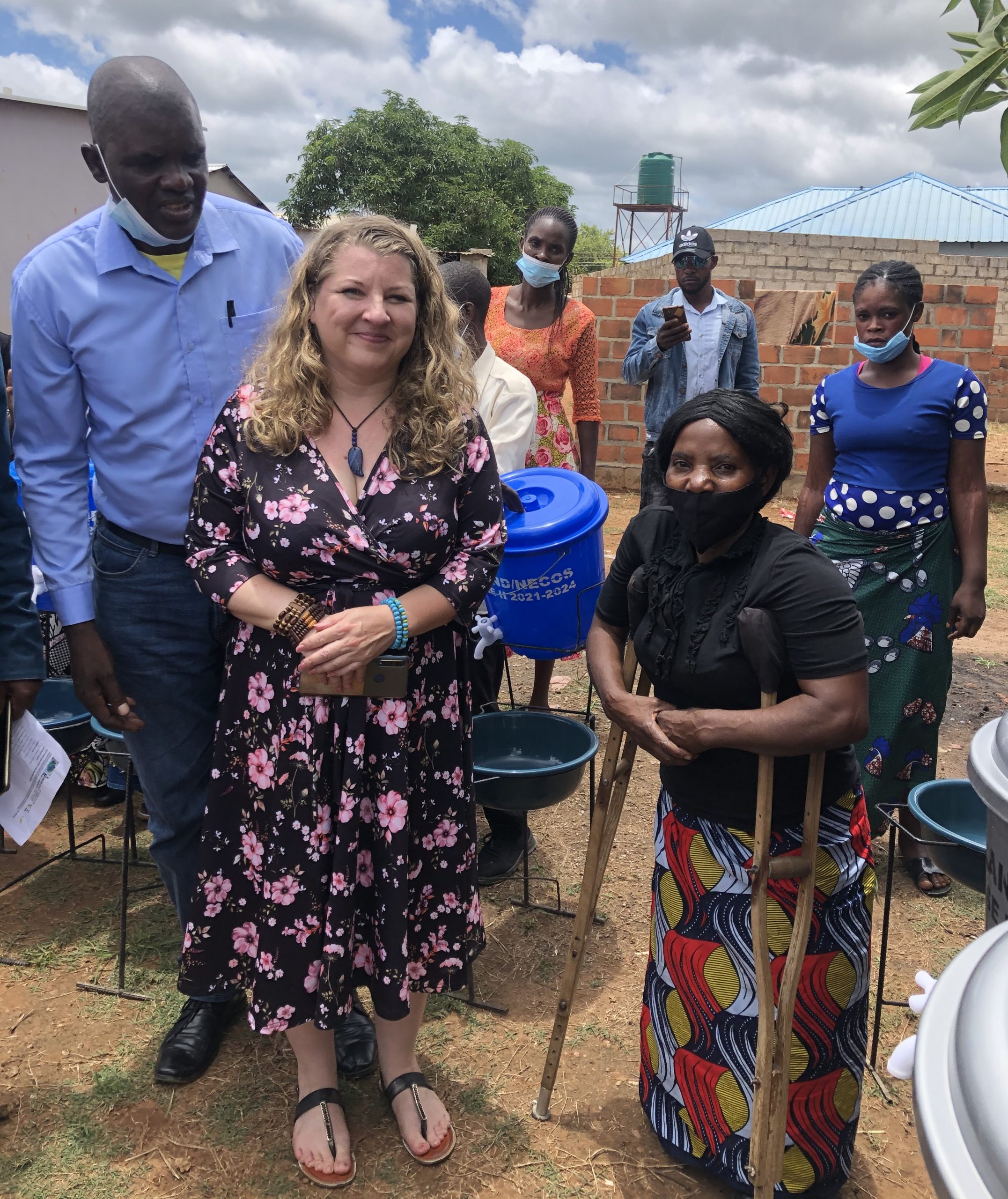Design Challenge:
How to improve the accessibility of sanitation services and knowledge for people with disabilities and other vulnerable groups (girls, elderly etc.) in a way that they are involved in the decision-making processes and their special needs are taken into consideration and mainstreamed so that these groups have similar and equal opportunities for accessing sanitation services and knowledge than the main population.
Introduction:
People with disability (PWD) and other vulnerable groups have huge challenges in accessing sanitation services in Global South. There are several barriers that cause the exclusion of persons with disabilities and other marginalised persons from WASH-related initiatives and services. Most problems are caused by external factors, such as social, environmental and institutional barriers. This experiment aimed at increasing participatory influence of people living with disabilities in WASH interventions to ensure improved access to resulting sanitation facilities. Participatory methods and design tools, involving the PWD, were used in the experiment. The experiences were documented carefully to create the unique approach to fit in Zambian context and if modified, the approach can be used in other regions.
Results:
The experiment developed a community-led/PWD-led approach on identifying and deliberately including PWD’s in WASH interventions with an aim of ensuring their participation in decision making, through which accessible toilet prototypes were created. Further, this increased awareness level about disability inclusion at various levels and struggles that PWD’s face. This further reduced the stigma around PWD in order to improve their situation. The co-operation and partnership landscape in project activities between GDTF, Finnish and local Disability organisations was strengthened through the experiment.
Scaling:
Scale plan is to extend the resulting approach of the experiment to 16 Districts and other project areas in, potentially in Ghana and Kenya. Further, extend collaborations/ partnerships established during the experiment.
Global Dry Toilet Association of Finland: Improving Participation of PLWD in WASH (PDF)
